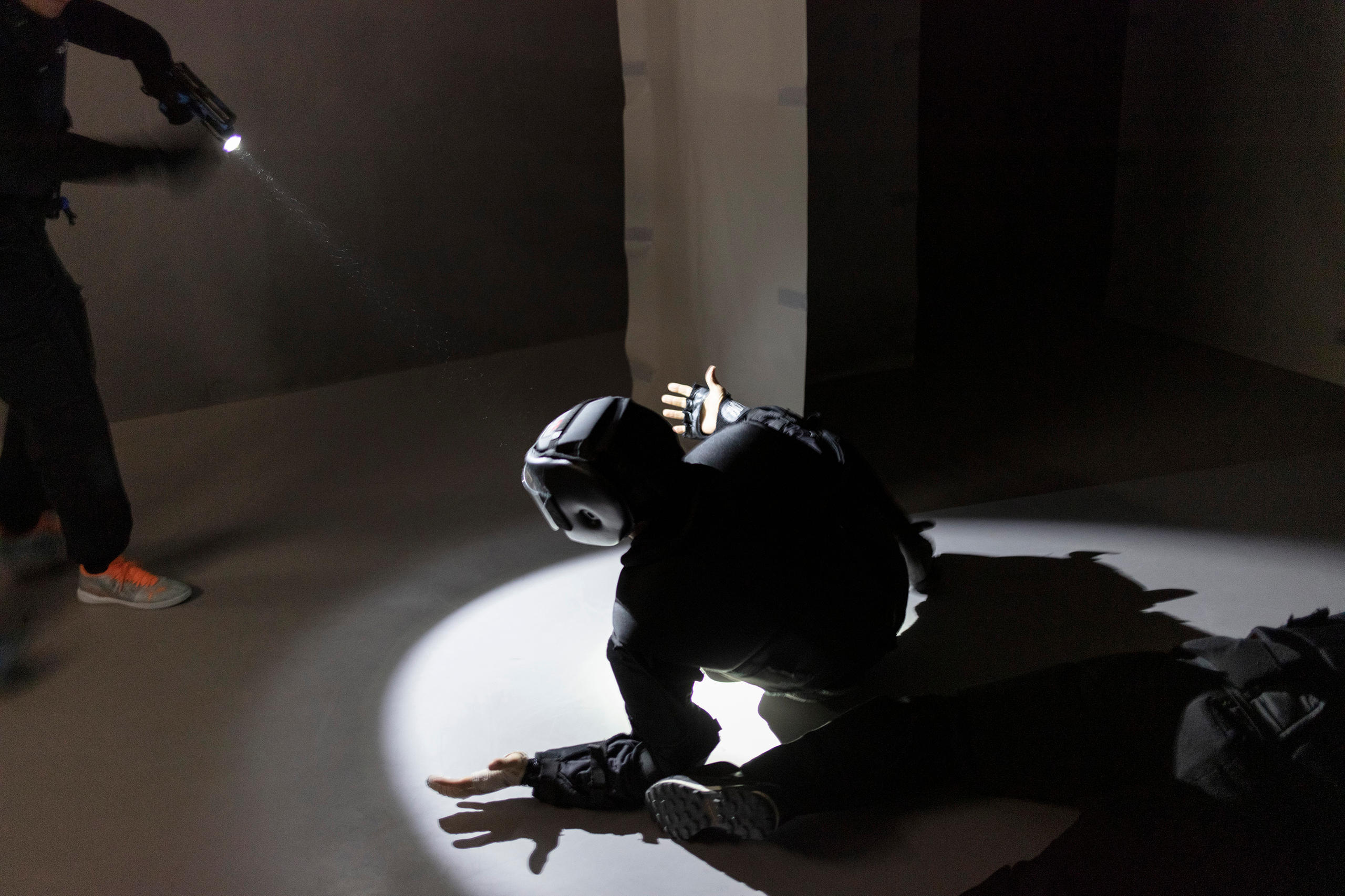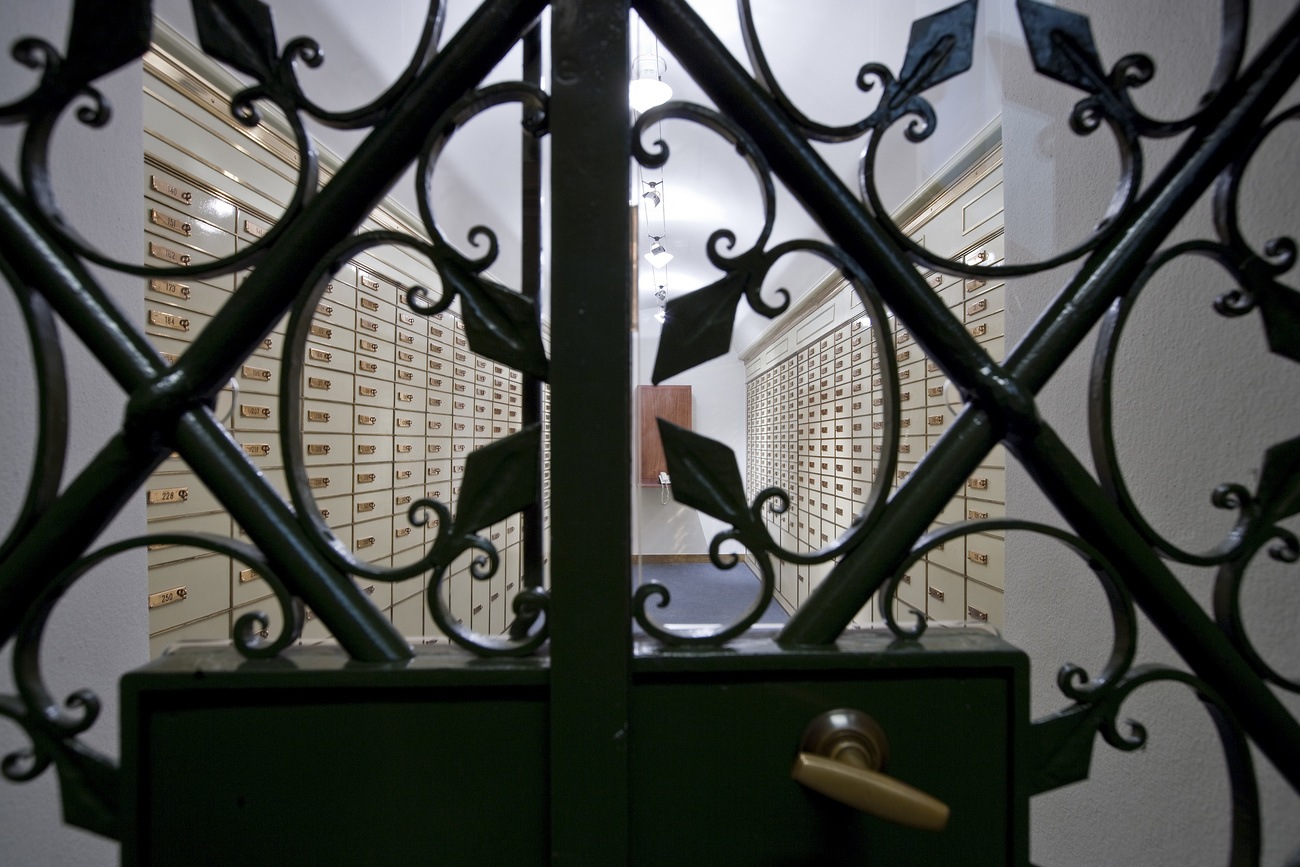
Why people in Switzerland trust the state
Compared with many other countries, people in Switzerland enjoy economic and political stability. One important factor behind this is the high level of trust in public institutions.
On a train ride to or from the Swiss capital Bern, it’s not uncommon for travellers to encounter a government minister sitting nearby. Most of the time, members of the governing executive travel without special protection.
It’s one of many signs that trust in government is higher in Switzerland than in any other OECD country.
According to a 2023 studyExternal link by the Centre for Security Studies at the federal technology institute ETH Zurich, this trust even got a small boost during the Covid-19 pandemic. Switzerland is also one of the most stable countries in the world, politically and economically. Stability is a factor for trust in institutions.
Around the world, democracy has been in retreat in recent years, with countries like Brazil and the United States experiencing coup attempts.
Many democracies are struggling to survive. Switzerland, by comparison, is stable. Here, representatives of the major parties across the political spectrum continue to govern together. Trust is a factor in social stability.
Trust in the Swiss government
Executive power in Switzerland is vested in a committee rather than a single individual. In the executive body – the Federal Council – seven officials lead the country’s seven ministries and take turns serving the role of president. Since the founding of the state in 1848, only a handful of ministers have been forced to leave the government. To date, 111 men and ten women have served on the executive. In Italy, as many as 1,300 ministers have been sworn in since 1946.
The University of Bern concludes that the high level of trust in the Swiss government, which has grown over the past 20 years, is one of the reasons for this continuity.

More
The strengths of a ‘weak’ Swiss government
In Switzerland, as in other developed democracies, the government, parliament and judiciary act as checks on each other. But federal ministers are confronted with popular nationwide votes on a regular basis. And the majority of voters sometimes say no to government-led initiatives. The people themselves are the ultimate sovereign in the Swiss understanding of democracy.
The Swiss militia system also hands over responsibility to the people when it comes to national defence. If citizens want to make a difference, they can join an association, go to a demonstration, or assist with vote-counting when the electorate goes to the ballot box. All these opportunities for participation create trust.
Trust in the Swiss police
Trust in the government, the economy and the courts is high in Switzerland. But it is the police that enjoy the highest level of trust. In the annual ETH security study, the police regularly achieve first place in the trust ranking, despite criticism aimed at the institution, such as accusations of racial profiling or about the proportionality of police actions during political demonstrations.
Police officers get coached in confidence-building behaviour during their training. “As a police officer, you can do a traffic stop in any number of ways,” says Fabia Freienmuth of the police academy for eastern Switzerland. “I can cross my arms and say, ‘Good afternoon, what did we do wrong again today?’ You can do it differently – namely, in a way that de-escalates the situation instead of further provoking the other person.” This creates a positive experience that can act as a basis for future contact with the police.
Officers at the academy are also trained to behave professionally in intense situations.

More
To keep trust, police taught to ‘keep cool’
Prosperity and a stable Swiss franc boost trust
Switzerland is a functioning constitutional state that provides for extensive personal freedoms: the political system limits the excessive concentration of power in the hands of individuals or parties. Residents and citizens can defend themselves against arbitrariness. Freedom of research and freedom of the press are protected, although exceptions exist, notably in banking secrecy laws.

More
Swiss banks accused of hiding data behind secrecy laws
Prosperity contributes to the relatively high level of public trust. The vast majority of people in Switzerland live in economic security. Only 15% of the population is considered poor or at risk of falling into poverty, compared to 21.7% in the European UnionExternal link. This group is particularly affected by rising prices for food, energy and consumer goods.
The fact that the inflation rate in Switzerland is lower than it has been in neighboring countries is also due to the strength of the Swiss franc, which has remained remarkably stable even as prices have risen. There have been moments in Swiss history when many feared an imminent end to the stability of the currency.

More
A blessing and a curse: the strength of the Swiss franc
When confidence erodes
In 2023, the Swiss federal constitution celebrates its 175th anniversary. But a popular initiative calling for a complete revision of the text could spoil the celebrations.
In Switzerland, too, institutions are struggling for legitimacy, and former authorities must actively seek the public’s trust.

More
Why people in Switzerland trust the state
Social media are also changing the discourse. Some populist movements have been integrated into the fabric of political life in Switzerland, even if they continue to challenge the country and its people.

More
Does social media fuel fake news in Switzerland as much as in the US?
Switzerland’s people face the same challenge as all democratic nations: how to develop and maintain social cohesion. The starting position for this is not so bad.
More
Edited by David Eugster. Adapted from German by Geraldine Wong Sak Hoi/ds.

In compliance with the JTI standards
More: SWI swissinfo.ch certified by the Journalism Trust Initiative









